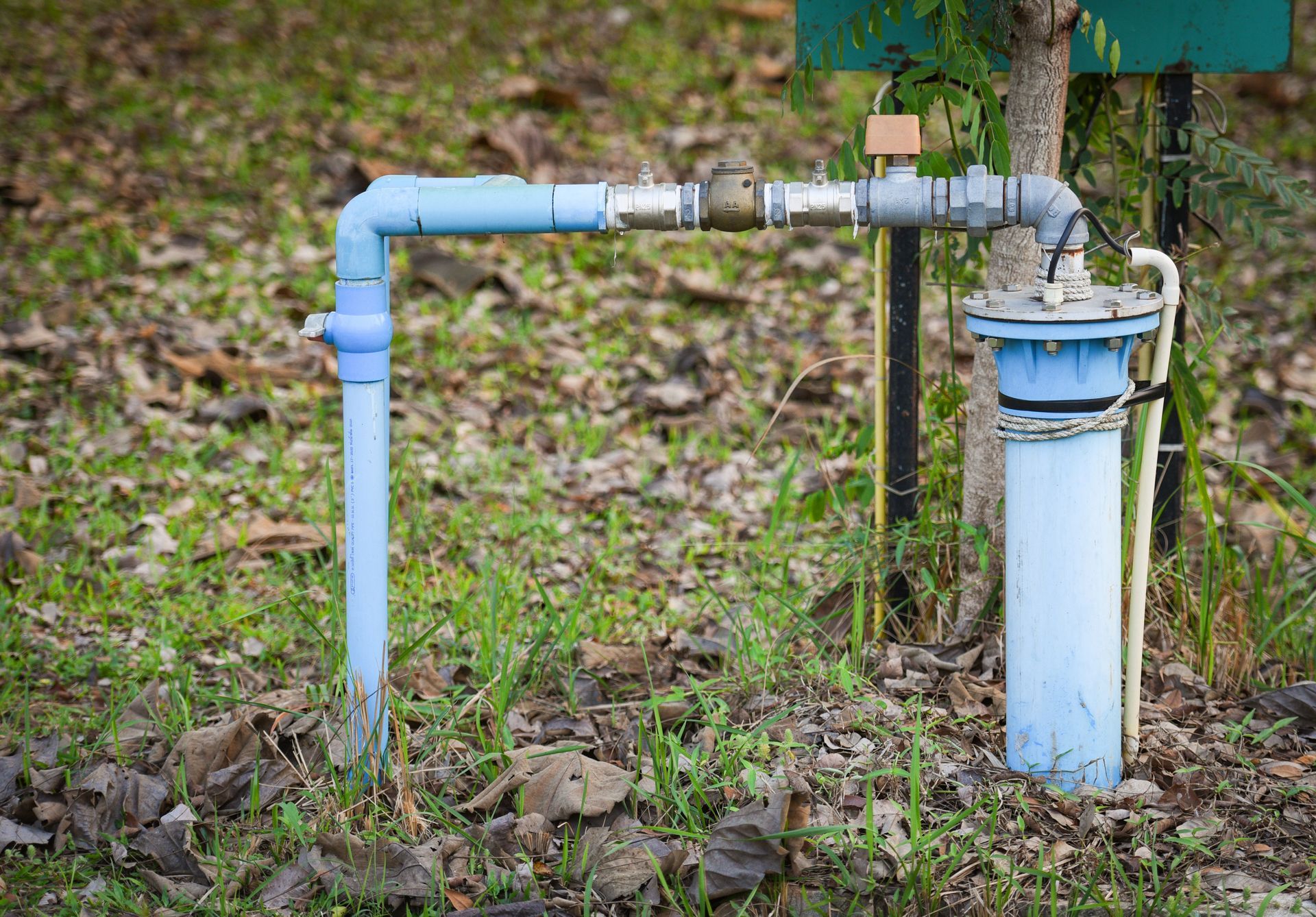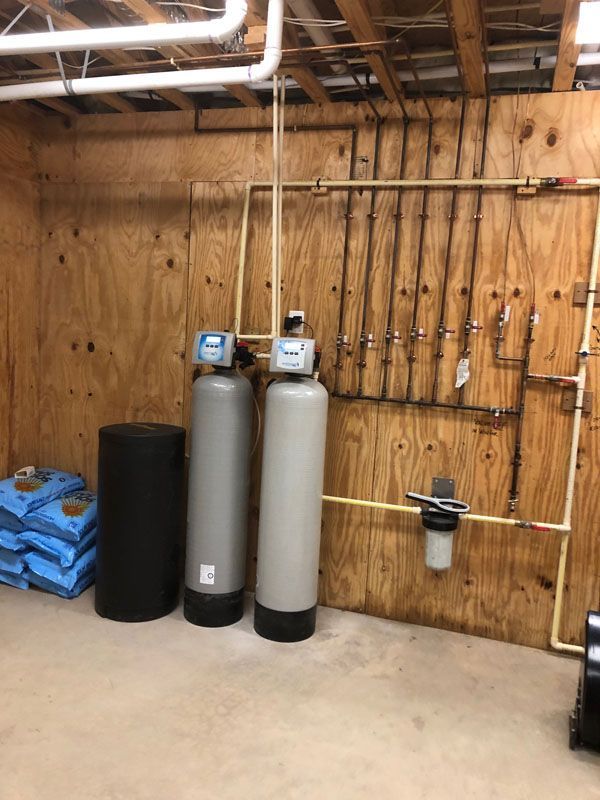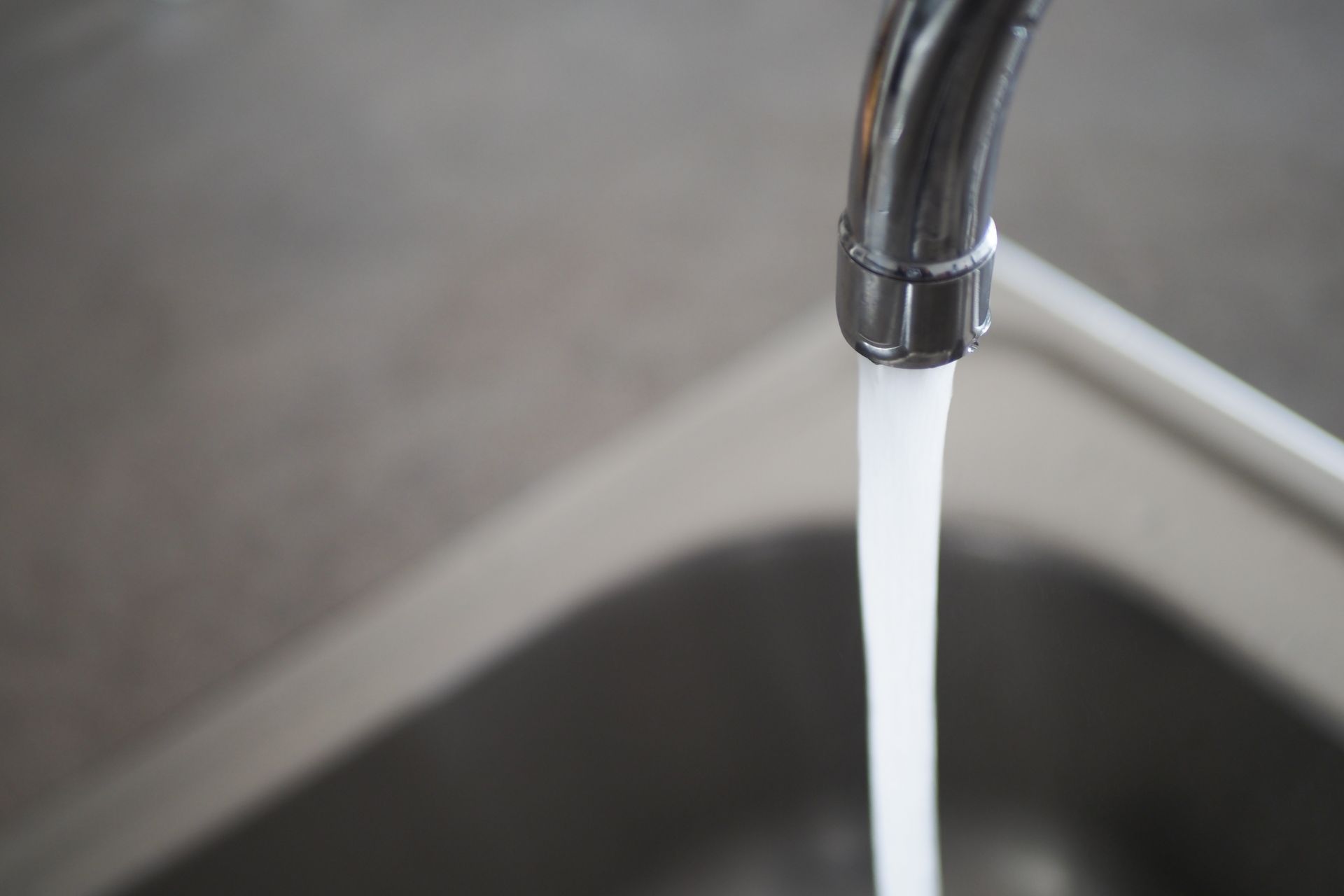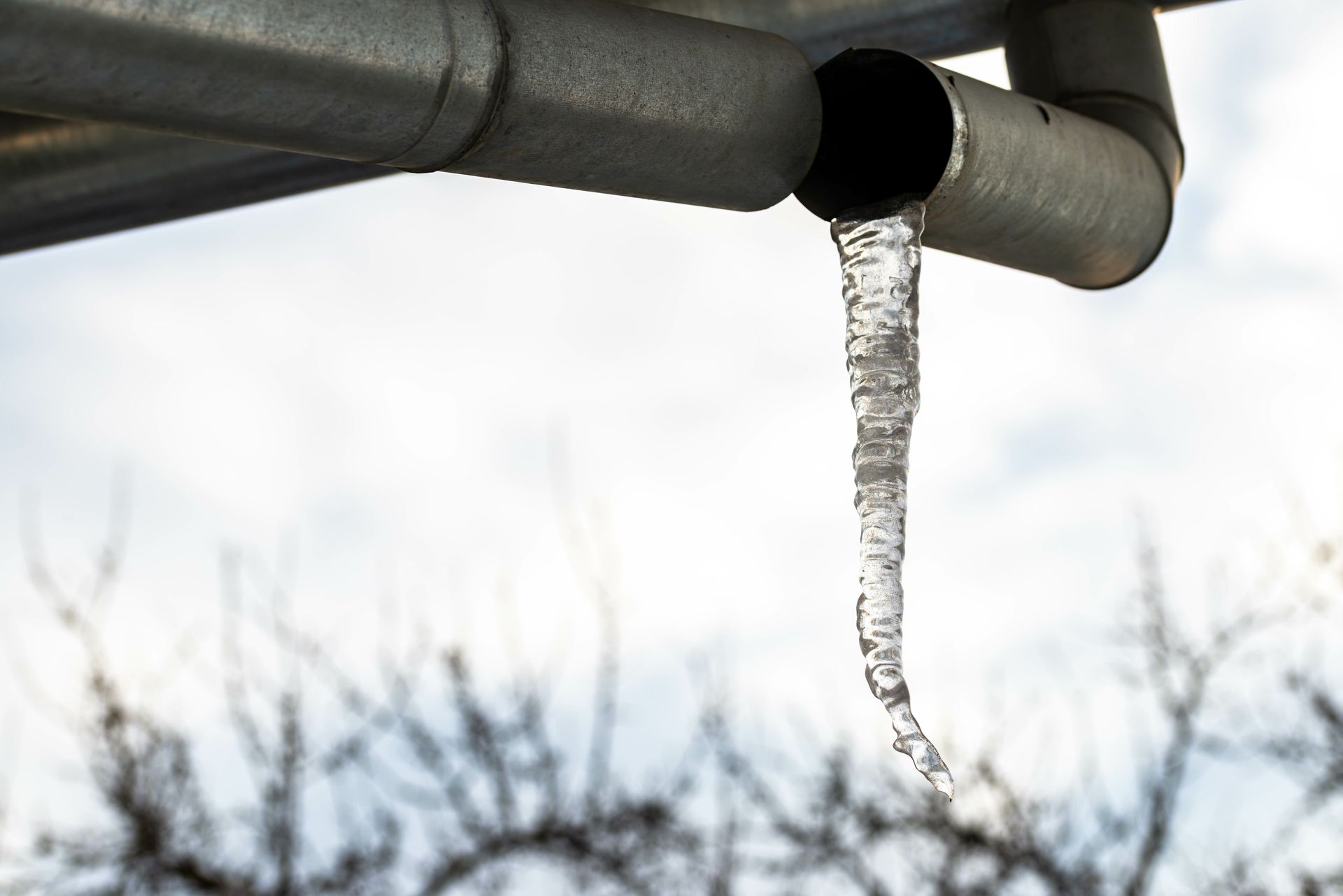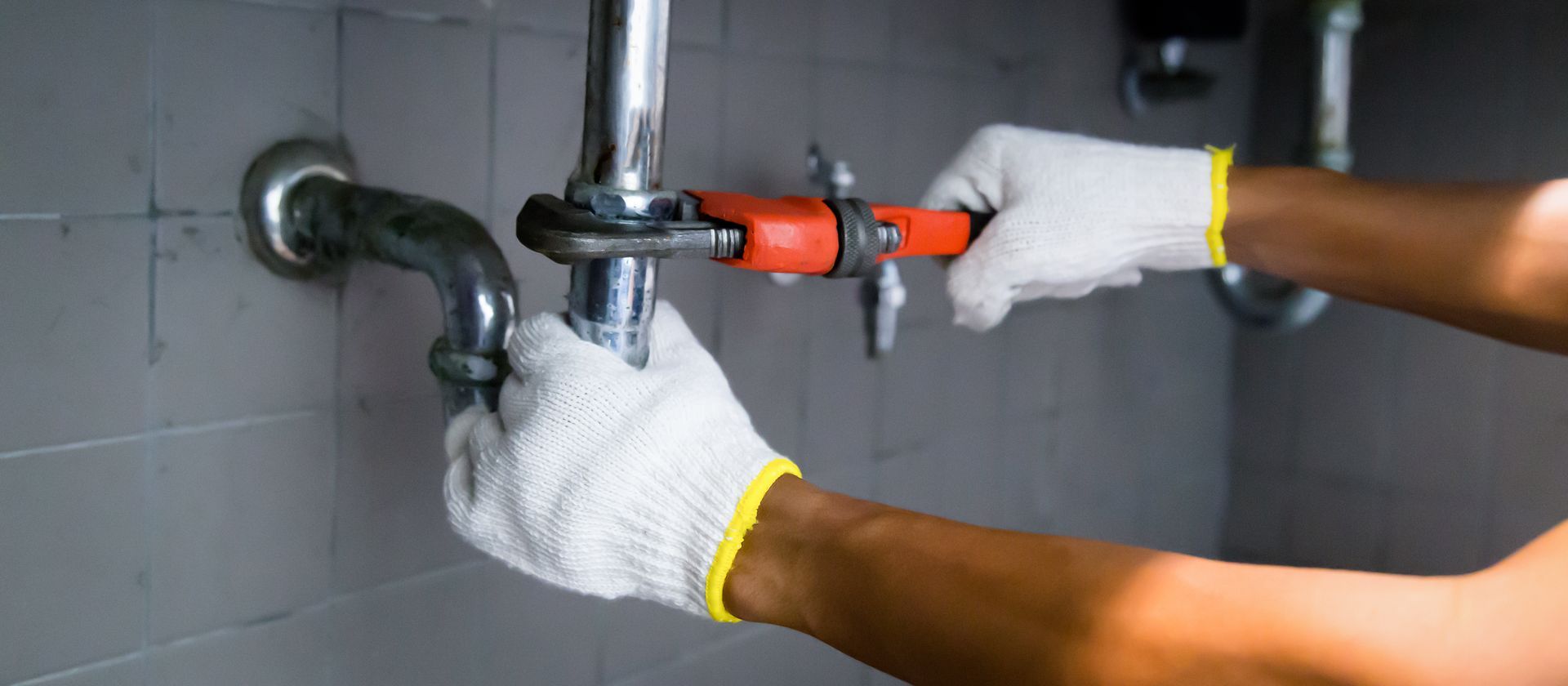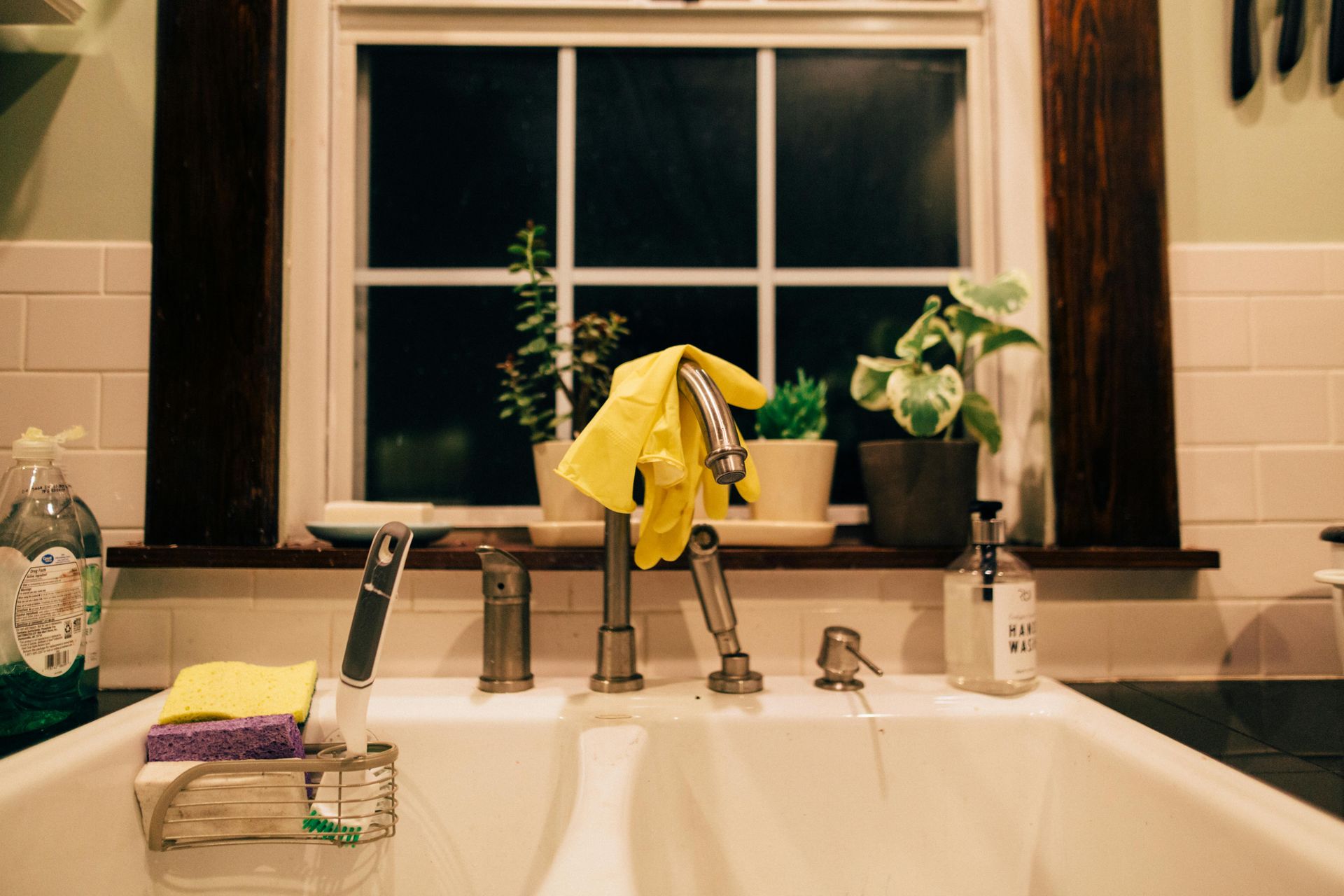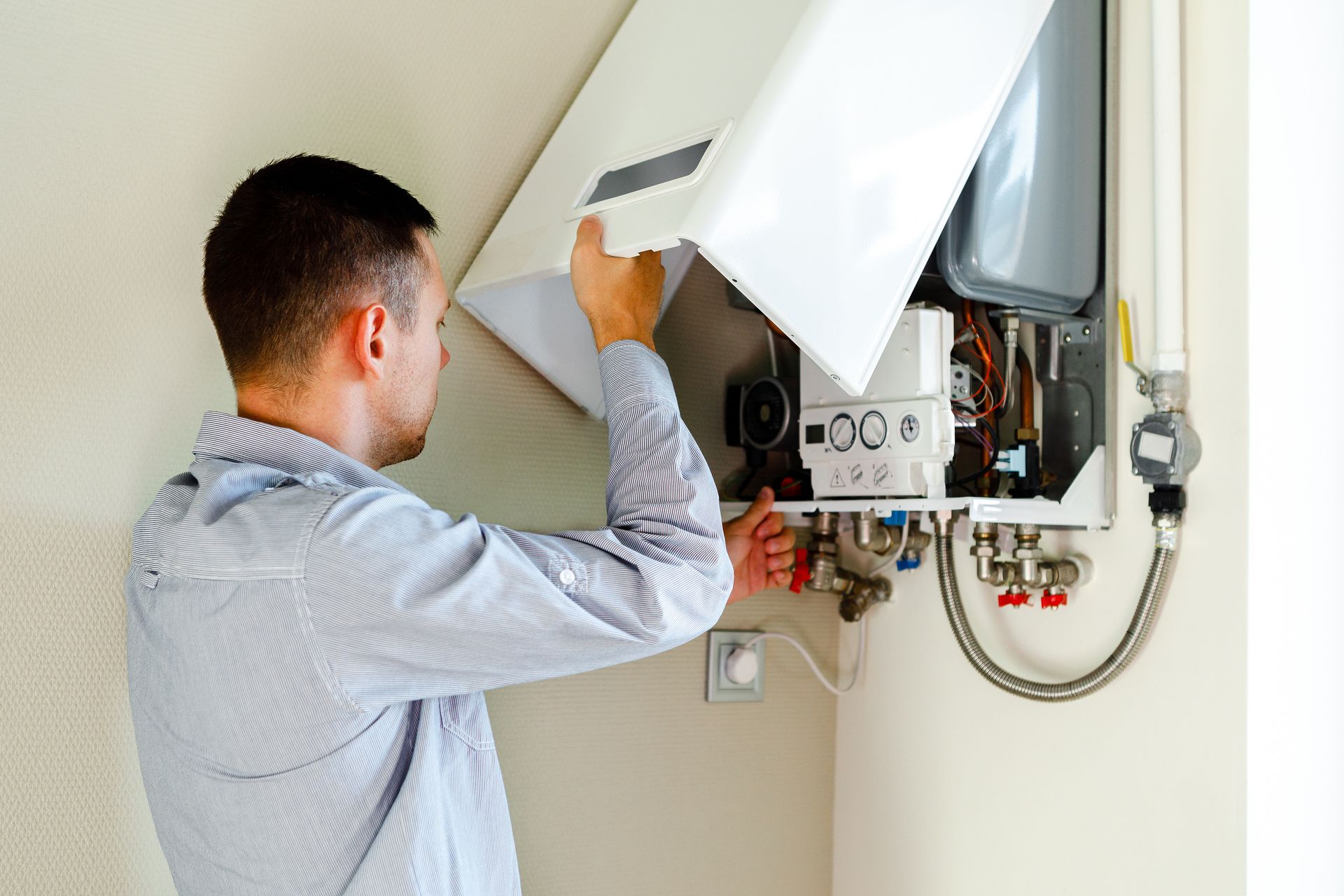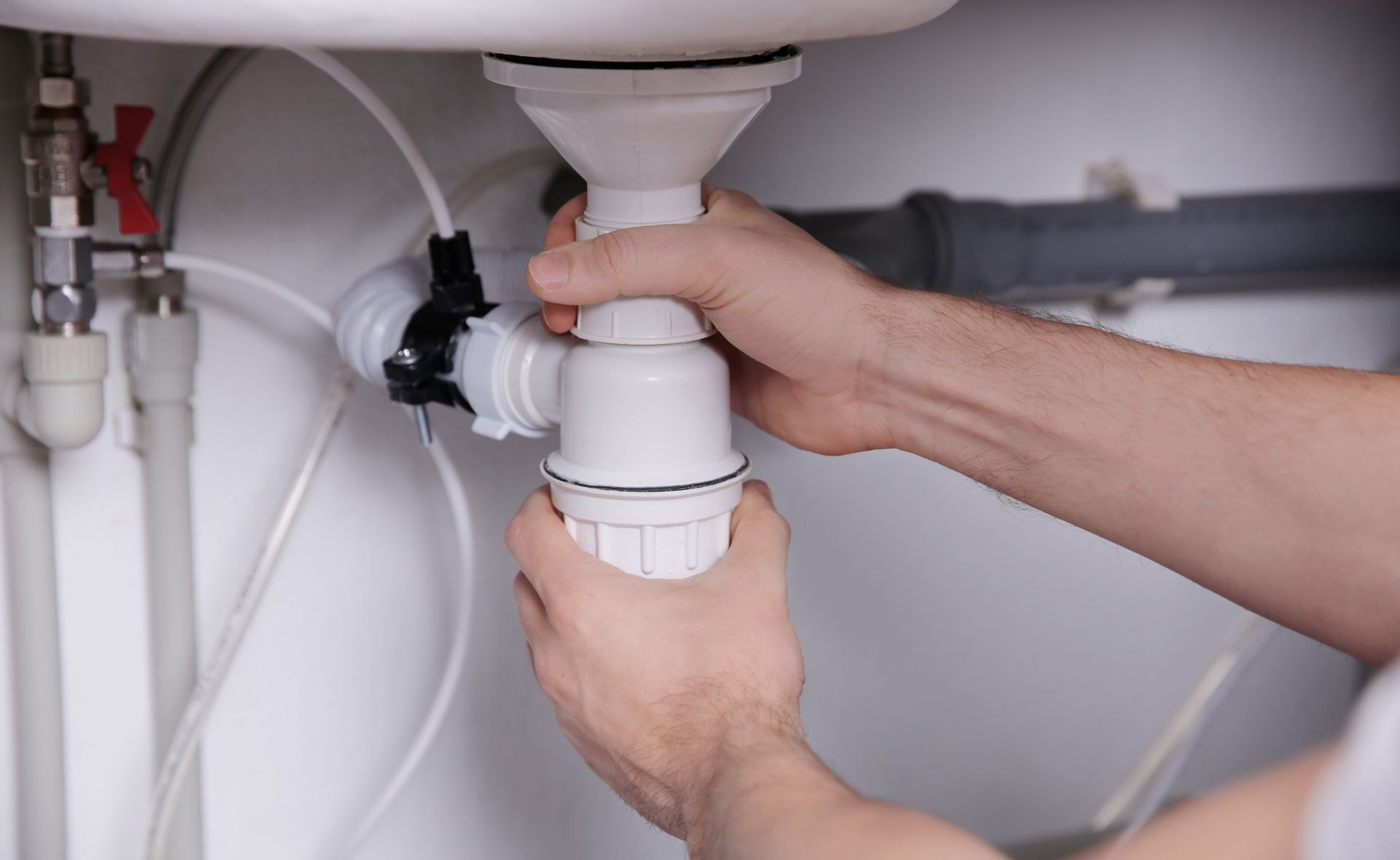Say Goodbye to Leaky Faucet Troubles: The Ultimate Guide to Fixing Your Drip in No Time!
Did you know that a single leaky faucet can waste up to 3,000 gallons of water per year? That's not just a few drips, that's a whole swimming pool! Not only is it a huge waste of water, but it can also cost you hundreds of dollars in water bills. And let's not forget the constant annoying sound of a dripping faucet that can drive anyone insane. But fear not, because, in this blog post, we will guide you on how to get rid of your leaky faucet troubles in no time!
Identifying the Culprit: Why is Your Faucet Leaking?
Before we dive into fixing the issue, it's essential to understand the root cause of your leaky faucet. Here are the most common reasons behind this pesky problem:
1. Worn-out washers: The constant friction between the valve seat and the rubber washer can cause the washer to wear out over time, leading to a dripping faucet.
2. Corroded valve seat: The valve seat is the connection between the faucet and the spout. If it gets corroded due to mineral buildup, it can cause leaks.
3. Loose or damaged O-ring: The O-ring is a small rubber ring that keeps the faucet handle in place. If it becomes loose or damaged, it can lead to a leaking faucet.
4. High water pressure: If the water pressure in your home is too high, it can cause your faucet to leak.
5.
Improper installation: A faulty installation can cause leaks to occur in your faucet.
Say Goodbye to Leaks: How to Fix Your Faucet Troubles
Now that you've identified the problem let's get to the fun part – fixing it! Here's a step-by-step guide on how to fix your leaky faucet:
1. Gather your tools: You will need a few essential tools such as a screwdriver, adjustable wrench, and replacement parts like washers and O-rings.
2. Shut off the water supply: Before you start working on your faucet, make sure to turn off the main water supply. This will prevent any accidents from happening.
3. Disassemble the faucet: Using a screwdriver, remove the handle of your faucet. Then, use an adjustable wrench to unscrew the packing nut that holds the valve stem in place. Carefully remove the stem and inspect it for any wear and tear.
4. Replace the worn-out parts: If you notice that the rubber washer, O-ring, or valve seat is damaged, replace them with new ones. Make sure to get the right size and type of replacement parts for your specific faucet model.
5. Reassemble the faucet: Once you have replaced the worn-out parts, reassemble the faucet in the reverse order. Make sure to tighten the packing nut properly before reattaching the handle.
6.
Test the faucet: Turn the water supply back on and test your faucet to see if it's still leaking. If the problem persists, you may need to call a professional plumber for further assistance.
Preventing Faucet Troubles: How to Avoid Leaks in the Future
As the famous saying goes, "Prevention is better than cure." By taking some proactive measures, you can avoid leaky faucet troubles in the future. Here are some tips to keep your faucet in good shape:
1. Don't over-tighten handles: Many people tend to tighten their faucet handles too much, thinking it will prevent leaks. This can actually cause more damage. Tighten the handles just enough to stop any drips.
2. Clean your faucet regularly: Mineral buildup from hard water can cause damage to your faucet over time. Make sure to clean it regularly to prevent any clogs or corrosion.
3. Monitor water pressure: If you notice that your faucet is leaking when the water pressure is high, consider installing a pressure regulator. This will help regulate the water flow and prevent leaks.
4. Invest in quality fixtures: A good quality faucet can last for many years without any leaks. While it may cost a bit more upfront, it can save you time, money, and headaches in the long run.
Call in the Pros: Why You Should Leave Faucet Repairs to the Experts
While fixing a leaky faucet may seem like a simple task, it can quickly turn into a DIY disaster if you don't have the right tools or knowledge. Here are a few reasons why you should leave faucet repairs to the professionals:
1. They have the right expertise: Professional plumbers have years of experience and training in dealing with various plumbing issues, including leaky faucets. They can quickly identify the problem and fix it efficiently.
2. Save time and effort: Let's face it; plumbing work can be time-consuming and messy. By hiring a professional, you can save yourself the hassle and have your faucet fixed in no time.
3. Prevent further damage: If you don't know what you're doing, you could end up causing more damage to your faucet or even your plumbing system. A professional plumber knows how to handle delicate plumbing fixtures and prevent further damage.
Get Top-Rated Plumbing Services in East Panhandle, WV
Say goodbye to your leaky faucet troubles by following our guide on how to fix it in no time. Remember to identify the problem, fix it correctly, take preventive measures, and don't hesitate to call in the professionals for help. Don't let a dripping faucet be the cause of wasted water and money.
Contact our team at The Plumbing Trust today at
(304) 249-4956 for
professional plumbing services in Martinsburg and all of East Panhandle, WV, and the surrounding areas. We also offer
tankless water heater installation,
underground utility services,
water treatment, and
well pump repair. Don't wait; let us help you get rid of your faucet troubles once and for all!
FAQ

